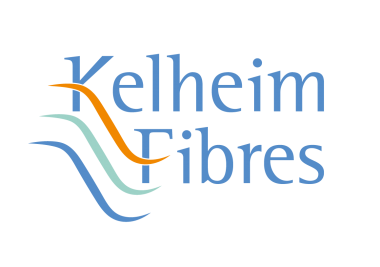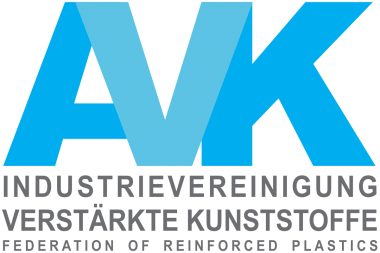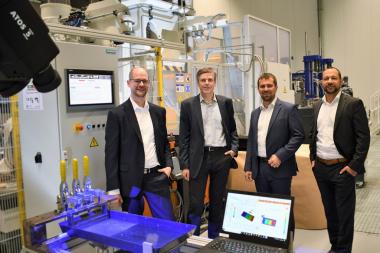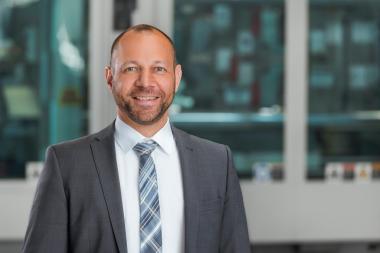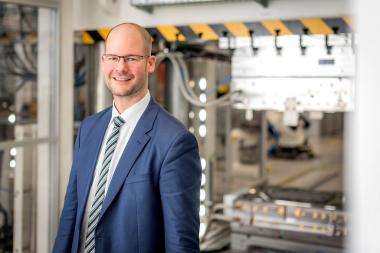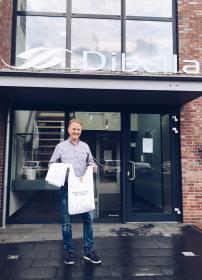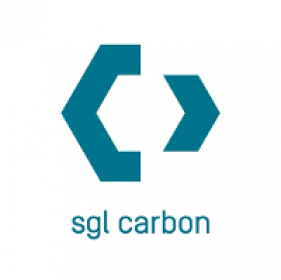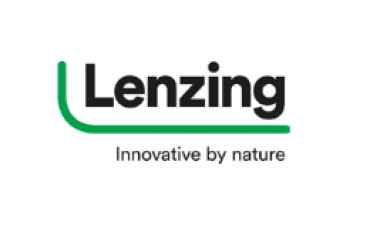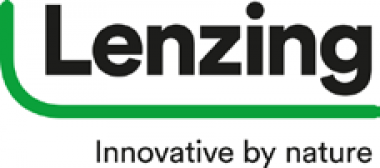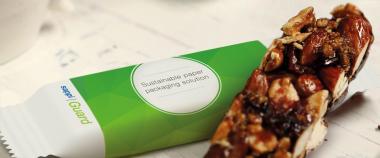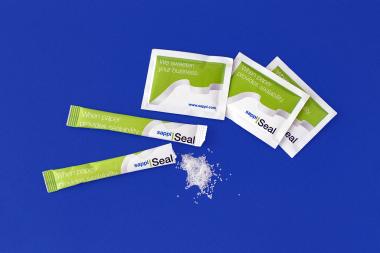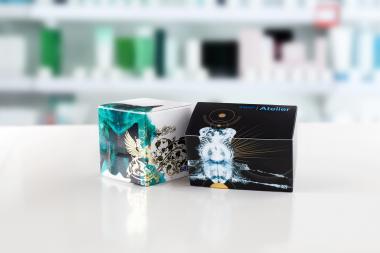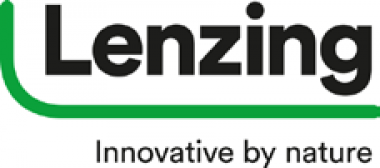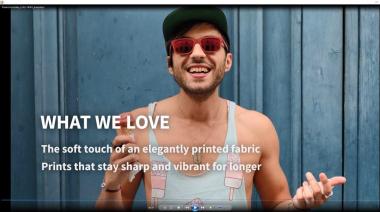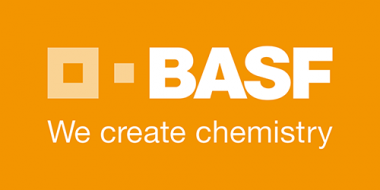Kelheim Fibres Partner of ETP in „Bio-Based Fibres“ and “Circular Economy” programs
The Bavarian viscose speciality fibres manufacturer Kelheim Fibres has partnered with the European Technology Platform for the Future of Textiles and Clothing (ETP) in two strategic programs: “Bio- Based Fibres” and “Circular Economy”.
Against the backdrop of the increasingly important sustainability debate, fundamental changes inside the textile supply chain are taking place. The two three-year ETP programmes “Bio-Based Fibres” and “Circular Economy” are a clear response to this. The goal is to bring key players from industry and science together to develop a long-term strategy to actively shape the sustainable realignment of the European textile industry.
“We have been manufacturing bio-based fibres for almost 85 years – these fibres are made from the renewable material wood and they are fully biodegradable at the end of their product lifecycle. As an alternative to crude-oil based materials, these fibres are becoming increasingly popular in various applications. Part of the reason for this is the fact that we can functionalize our speciality fibres during the production process and give them the exact properties that are required for different end uses. In terms of performance, they can keep up with synthetic materials”, explains Dr. Marina Crnoja-Cosic, head of New Business Development at Kelheim Fibres.
But Kelheim’s sustainability criteria also include the full life cycle of their products: When a textile, after its use, can become the raw material for new fibres and new products, for Crnoja-Cosic that is a huge advantage in terms of sustainability. “We want the best possible result – bio-based fibres AND circular economy are the way to get there.”
Contact Kelheim Fibres


